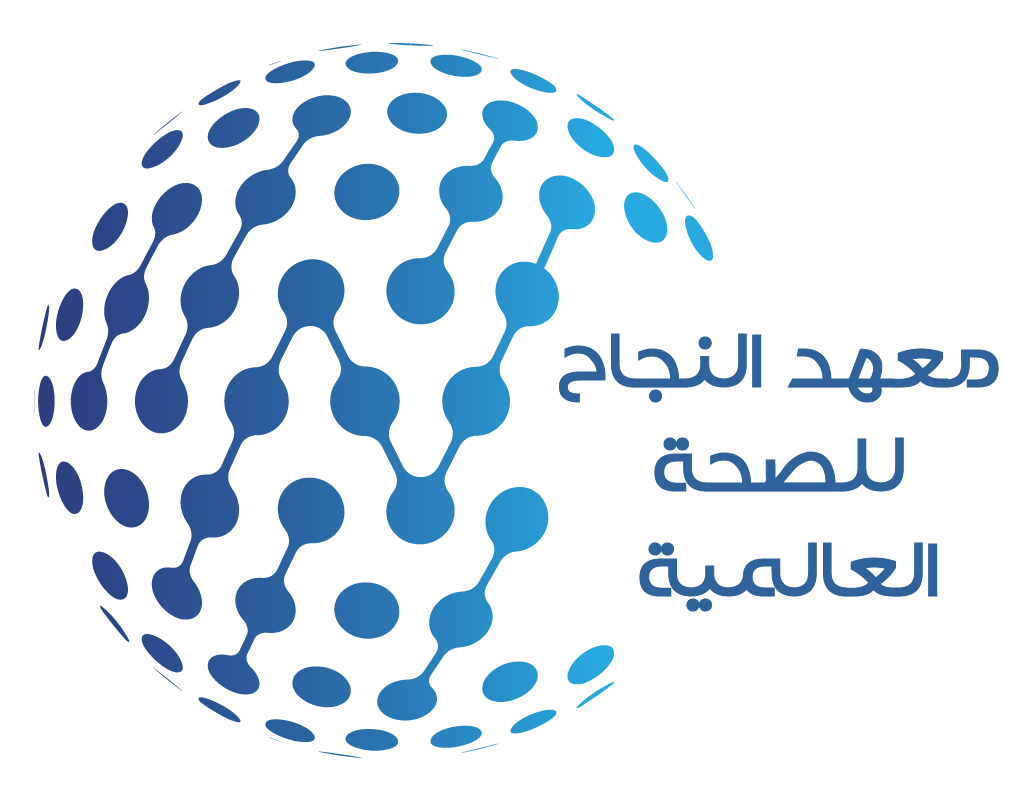Think Before You Drink!
Location: An-Najah National University
Timeline: April to July, 2025
Target population: University students (young adults)
Field: Non-communicable diseases
‘Dr. Enuf’, rolled out in the US in 1949 for purported therapeutic purposes, was the first product that closely resembles today’s energy drinks (EDs). EDs were introduced in Europe in the late eighties, as the launch of Red Bull popularized the use of EDs worldwide. While a standard definition of EDs in global health is still lacking, energy drinks refer to a group of functional nonalcoholic beverages that typically contain caffeine, sugar, and other stimulatory ingredients. The conceptualization and popularity of EDs have been shaped by their promotional pattern as beverages intended for boosting energy levels and enhancing alertness. Therefore, EDs are often used to enhance physical performance in sports activities and improve professional and academic productivity. This promotion pattern is largely driven by media depiction of EDs as stylish, empowering, and refreshing. These beverages increase the risks of heart disease, diabetes, and other noncommunicable diseases when consumed excessively.
In Palestine, ED consumption follows a similar pattern. A study revealed that nearly one-half of schoolchildren aged 12 to 16 consume Eds. Another study targeted female adolescents and reported a prevalence rate of 41.4%. Among young adults, the majority of university students who consume EDs are male. Moreover, consumption of EDs is associated with other harmful behaviors. Females who consume EDs have more than seven times higher odds of smoking cigarettes and waterpipe compared to nonconsumers. In addition, 89.7% of illicit drug users consume EDs. Knowledge about EDs among young adults in Palestine may be inadequate. For example, nearly two-thirds of university students in one study were not aware of the main content of EDs.
To combat the excessive consumption of EDs, An-Najah Global Health Institute (GHI) will launch the “Think Before You Drink” campaign in April 2025. This five-month initiative will focus on direct student engagement, providing reliable information and encouraging healthier beverage choices. Through interactive workshops, educational materials, and social media outreach, the campaign will assess knowledge and consumption habits, raise awareness about health risks, and track behavioral changes over time.
Awareness sessions will be delivered through discussions and interactive games at several information centers situated as booths on campus to help students evaluate the drinks they consume. To provide tangible alternatives, the campaign will collaborate with local businesses to offer healthier beverage samples on campus. Additionally, a short video featuring students, athletes, doctors, and nutritionists will be produced and shared on social media platforms, reinforcing the message of the campaign.
Beyond student engagement, the campaign aims to drive policy change by advocating for a ban on energy drink sales on campus. This step aligns with broader efforts to promote a healthier university environment revolved around reducing exposure to these harmful beverages. To measure the campaign impact, the research staff of the GHI will conduct pre- and post-implementation research, assessing potential shifts in knowledge, attitudes, and behaviors among students. The “Think Before You Drink” campaign tackles misconceptions and offering practical solutions and aims to empower students to make healthier choices, relying on sustainable strategies rather than temporary solutions. stay tuned for updates as we launch this initiative!
